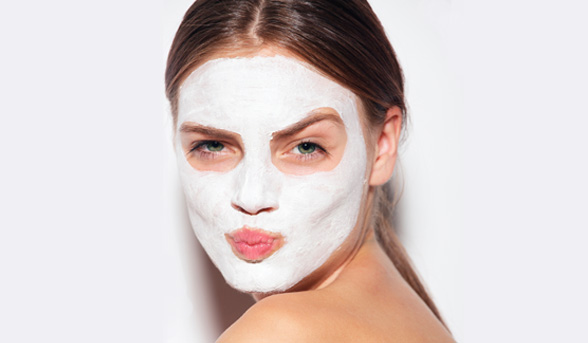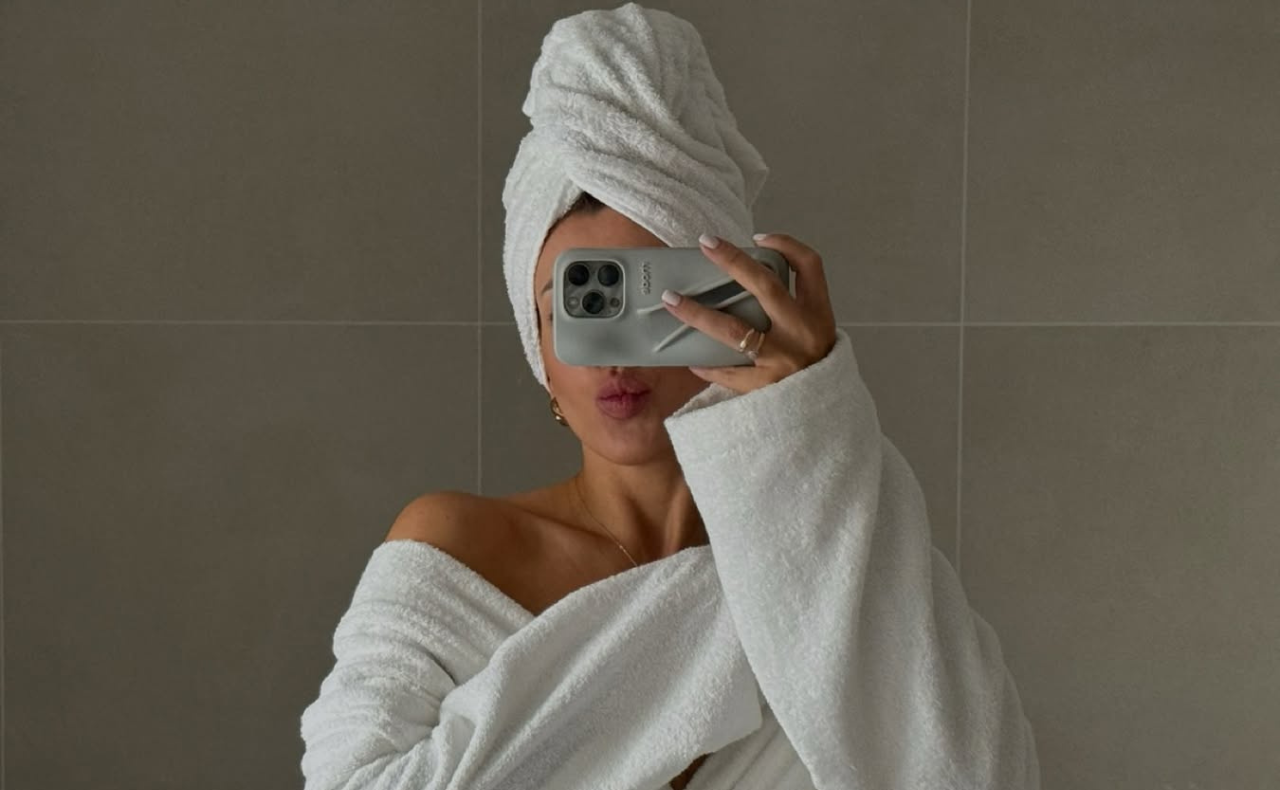While we all might like to consider ourselves beauty experts thanks to our penchant for YouTube how-tos and growing knowledge from beauty blogs written by the likes of yours truly, there’s only so much we can learn from these platforms. But if you want to take your passion for beauty that step further and really excel in this domain, the best place to start is with a professional qualification.
We chat to Heddy Macaulay, Director of Aesthetics Education, about some of the skills you’ll learn at the College of Natural Beauty (CNB) that you won’t get from a beauty tutorial.
INGREDIENTS AND FORMULATIONS:
When it comes to skin care, it’s fundamental to have extensive knowledge of the products you’re using. You might think you know your own skin back to front, but to properly diagnose and recommend treatments for others, Heddy says it’s essential to have a comprehensive understanding of how products are formulated and a professional qualification that establishes your credibility.
She says while studying the subject of Cosmetic Chemistry at CNB you’ll learn how to identify every ingredient in a product, and put that into practice in a professional environment where you can “actually interpret somebody’s skin and make a professional recommendation”. While online tutorials and articles might inform you about what ingredients are in certain products, this subject will give you insight into how to properly counteract certain skin issues or reactions that may occur, which will set you apart from those without a professional qualification.
MASSAGE TECHNIQUE:
Like learning to cook, developing proper massage skills and knowing the correct techniques is very different to watching somebody else do it. To actually feel something in another person’s body and recognise and diagnose a problem, you’ll need hands-on experience – and that’s not something you’ll learn from just browsing the web.
Heddy says this is where knowledge via YouTube has fallen short. “When you learn massage, you learn that it’s simply the manipulation of muscle, so if your hand goes over a bony bit, it’s in the wrong place.” She says fundamental knowledge of anatomy and physiology is crucial to the proper technique of massage, and without a hands-on learning experience, you’re missing the sensory process that allows a person to identify and feel muscle. “That, you cannot learn from YouTube”, she says.
This also applies to relaxation techniques, says Heddy. “Yes, you can read stuff, and you can watch a video, but the ability to read your clients and modify a treatment so that it’s most beneficial to them is what you’ll learn at CNB.”
She says it’s important to recognise the separation between the two types of learning, that “when you are in a classroom and you’re practising this on live people, then you will learn from different scenarios that will allow you to have a tool-kit of experience for if and when you go out into the industry.”
TOOLS AND PROCEDURES:
While you might find a blog or video online about how to use a particular tool or apparatus, would you know how to properly maintain it, to avoid infection? It pretty much goes without saying that a beauty salon should be kept in tip top condition. “Infection control is really high on the agenda, because you can’t put people at risk of viral, fungal or bacterial infection,” says Heddy. Likewise, could you identify infection on a real person – and know what to do, to ensure it doesn’t spread? Heddy says this subject broaches the topic of legislation, and working to a government standard of hygiene is what sets the College apart from online information.
HAIR REMOVAL:
As DIY waxing becomes more prevalent, Heddy says it’s important to learn the proper techniques to avoid bruising and breaking the skin. “Hair removal is a core subject within the Diploma of Beauty Therapy. We teach this to all of our students because many people get it wrong.” She says there are plenty of video tutorials out there that show you how to do your own waxing, but “in terms of actually doing it on a member of the public and really knowing what you’re doing”, it’s something completely different. “It’s a case of preventing damage, making sure it’s an efficient and effective method of removing the hair but also to learn the methods that make the experience far more pleasant for both yourself and the client.”
HOW TO RUN A BUSINESS:
You might have the beauty skills but that doesn’t always translate into a successful business model. The CNB works with an industry advisory group, who identified that many therapists don’t understand how to run a business. Solution: the Diploma of Salon Management covers everything from staffing to payroll and company growth.
Heddy says this additional study is ideal for anyone interested in entering the beauty industry, because it is essential to get a recognised qualification. “Additionally, it will open your eyes to many different avenues available in the industry.”
If you want to take your beauty passion to the next level, or have a desire to learn how to run a salon, a Diploma in Salon Management might be the right path for you. The next intake commences on Monday, 21 March 2016. For more information, visit cnb.edu.au

Do you have a passion for a specific area of beauty? Have you ever considered turning your passion into a career?




